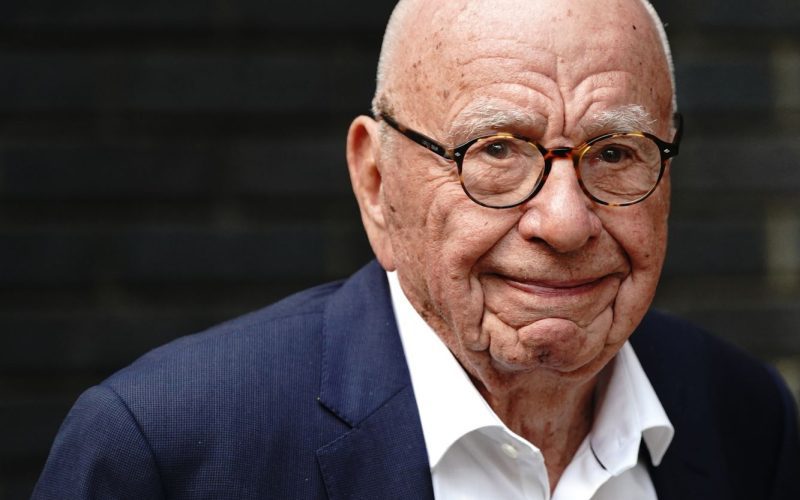Marjorie Taylor Greene was met with boos after she called up a resolution to remove Republican Speaker Mike Johnson on the House floor. Rupert Murdoch, the influential right-wing media mogul, recently showcased his enduring power within the Republican Party through a subtle yet significant intervention in internal party dynamics. Despite not overtly appearing in the political limelight, Murdoch’s media empire, encompassing Fox News, The Wall Street Journal, and the New York Post, strategically supported Mike Johnson amidst a contentious dispute involving Marjorie Taylor Greene’s challenge against the House Speaker’s decision regarding Ukraine aid. This article delves into the implications of Murdoch’s influence, contrasting it with the narrative propagated by other factions within right-wing media.
Murdoch’s Intervention:
Murdoch’s media outlets, notably Fox News, The Wall Street Journal, and the New York Post, threw their weight behind Mike Johnson during the confrontation instigated by Marjorie Taylor Greene’s opposition to the Ukraine aid package. While not overtly vocal, Murdoch’s support for Johnson was evident, with the New York Post even resorting to labeling Greene as “MOSCOW MARJORIE” on its cover. This strategic backing highlighted Murdoch’s continued sway within the Republican Party, despite perceived declines in his influence in recent years.
Contrasting Narratives in Right-wing Media:
Despite Murdoch’s support, a faction within right-wing media, including personalities like Tucker Carlson, Steve Bannon, Charlie Kirk, and outlets such as Breitbart and The Gateway Pundit, vehemently opposed Johnson’s stance. These voices portrayed Johnson as a betrayer of conservative ideals, aligning himself with the Democratic Party’s agenda. Their relentless criticism failed to sway the outcome, but it underscored the divergent narratives within the GOP ecosystem.
Impact on House Dynamics:

Despite the onslaught of criticism, Johnson retained his leadership position following a House vote that rejected Greene’s resolution to remove him. The failure of Greene’s efforts was attributed to several factors, including the lack of support from key GOP figures like Donald Trump and the backing provided by Democrats. Murdoch’s support played a crucial role in maintaining Johnson’s position of power within the House.
Assessing Murdoch’s Influence:
The episode exemplified Murdoch’s enduring influence within the GOP, with his media empire serving as a gravitational force in the right-wing media landscape. Had Murdoch chosen to align Fox News with the criticisms against Johnson, the outcome could have been drastically different. His invisible support shielded Johnson from widespread attacks and preserved his leadership role, highlighting Murdoch’s understated yet pivotal role within the party.
Conclusion:
Rupert Murdoch’s quiet yet influential intervention in the recent GOP dispute underscored the complexities of power dynamics within the party. While factions within right-wing media propagated contrasting narratives, support for Mike Johnson proved instrumental in maintaining stability within the House leadership. As debates continue regarding Murdoch’s influence in contemporary politics, this episode serves as a reminder of the enduring impact of media moguls on political discourse and party dynamics.












